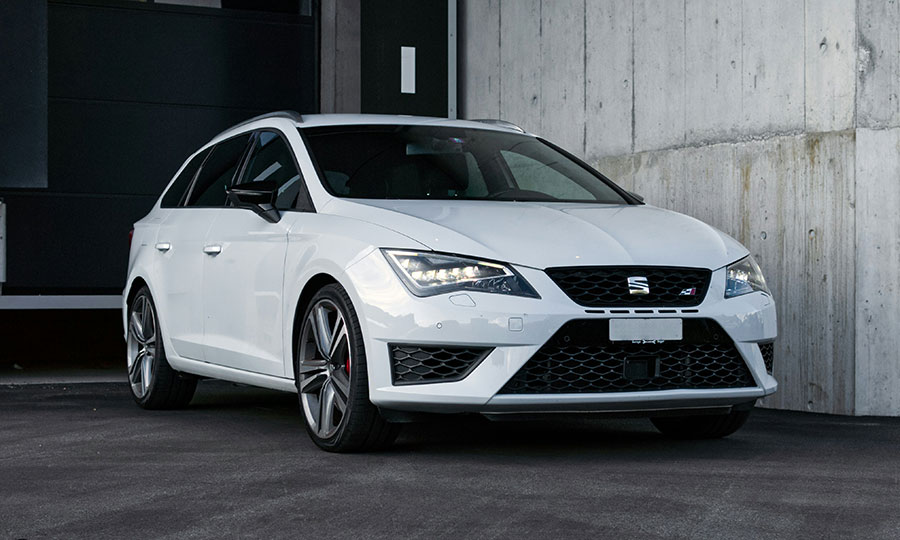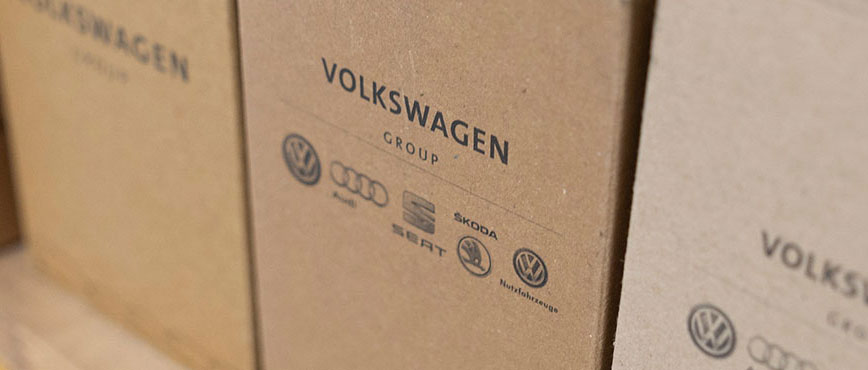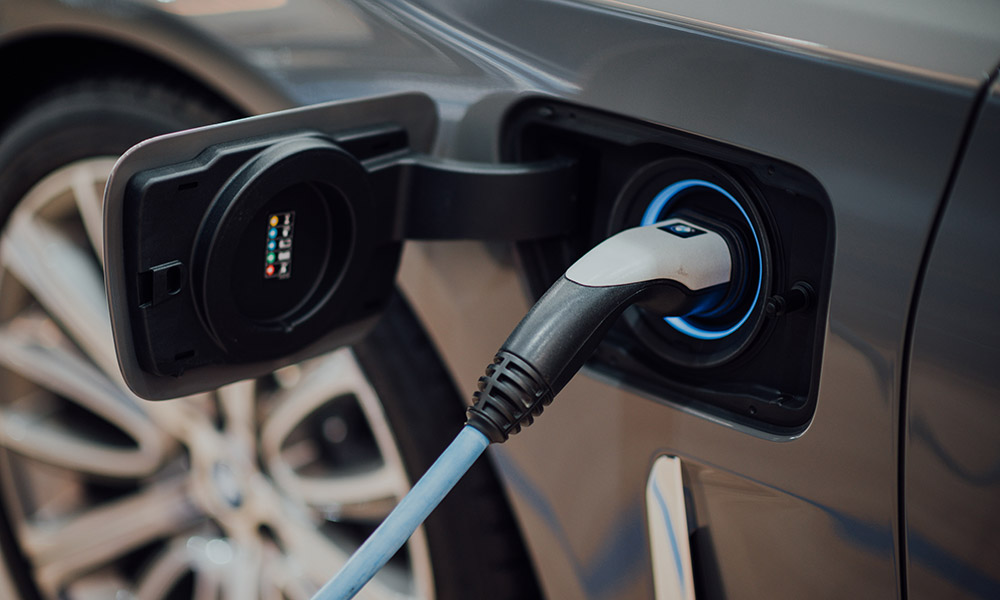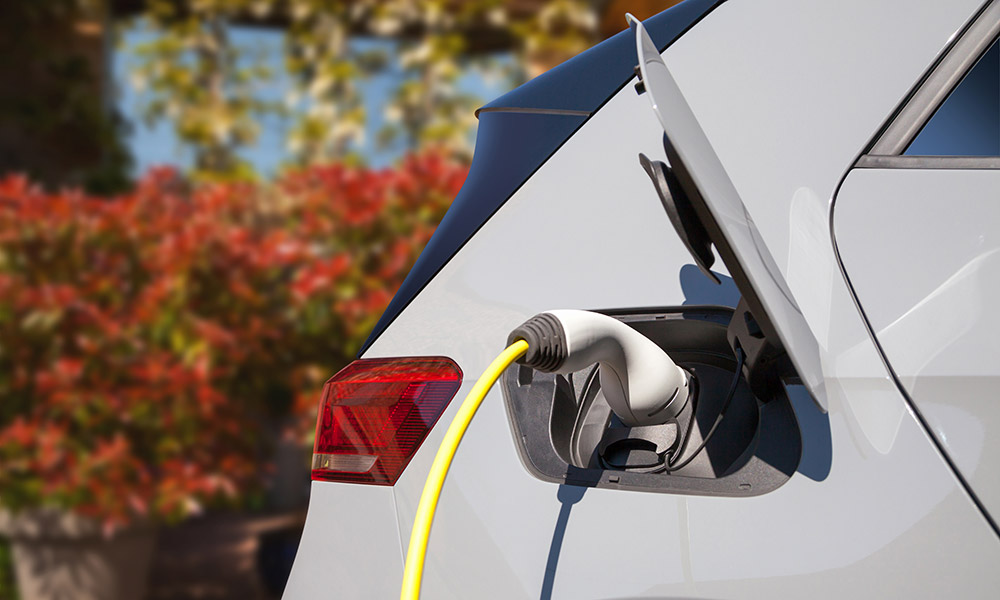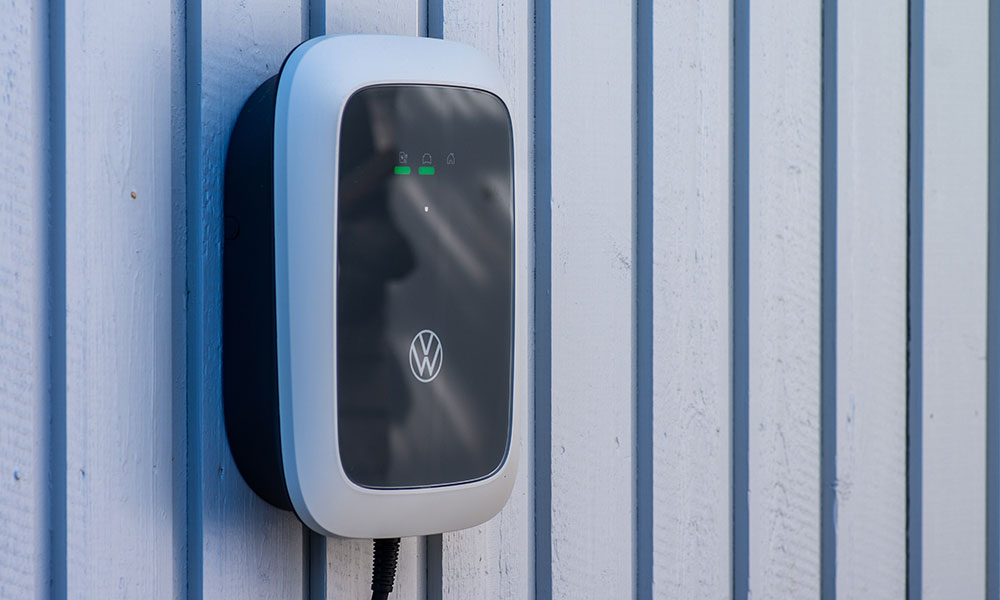Genuine VW Parts vs Aftermarket Car Parts
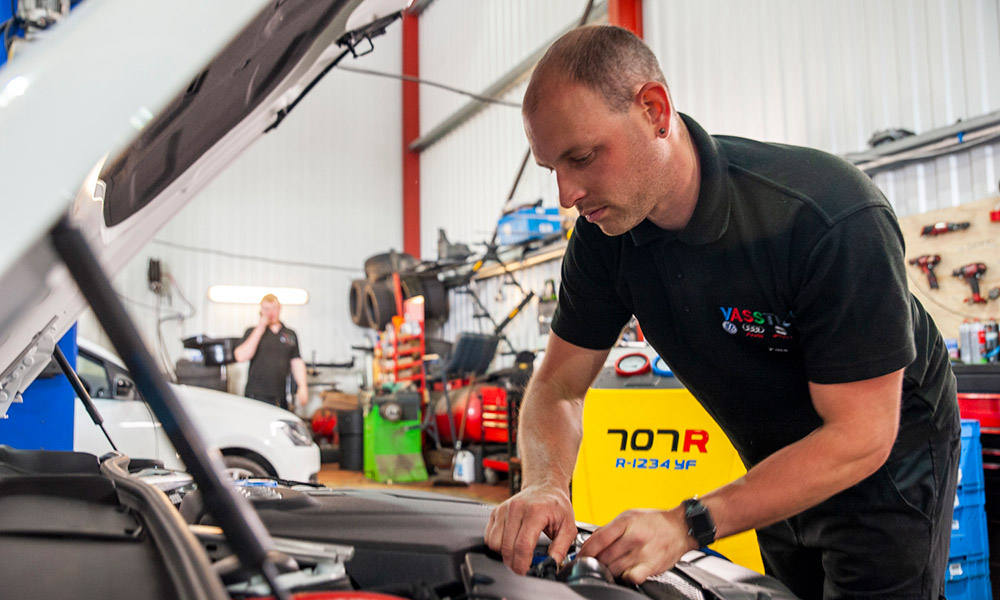
For many car enthusiasts, your car is your pride and joy, or maybe even your ‘ride or die’. And that means that when something goes wrong with your vehicle, it’s important to get it fixed – and fixed fast.
During your vehicle’s lifespan, it’s almost a guarantee that you’ll need to purchase replacement parts, at which point you’ll be faced with the decision of choosing between original equipment manufacturer (OEM car parts) or aftermarket car parts. Both of which do the job and are great options, but a little research is in order to choose what’s best for you and your car.
The age-old argument of buying cheap and buying twice often rings true, and in the case of car parts, it’s almost always true. With that in mind, let’s explore the difference between OEM and aftermarket, the pros and cons of each, and ultimately, what’s the best option for you and your car.
What’s the difference between OEM parts and aftermarket parts?
Before we differentiate between OEM and aftermarket, let’s clear up the case of genuine car parts, which can often be confused with OEM.
Genuine car parts are the initial components installed by the manufacturer when the car was first sold, and will often have the logo of the manufacturer printed on them. From there, any repairs and replacement parts you need to keep your car in tip-top shape will be one of two types:
- Original equipment manufacturer (OEM): These are parts made by the vehicle’s manufacturer, but are made to be installed when your car is in for a repair. For instance, if you have a Volkswagen Group vehicle, these parts will be genuine VW parts that adhere to strict standards regulated by VW. Essentially, they’re made to be durable, reliable and work seamlessly alongside the other components in your car.
- Aftermarket car parts: These are parts made by a third-party manufacturer, often created to be versatile across various car makes and models – usually taking a more ‘one-size-fits-all’ approach. These do not need to pass by industry regulations.
This isn’t to say that aftermarket parts are by any means poor quality, but they’re just not always made with the same attention to detail. Sometimes they don’t fit as well as OEM parts, which can make them tricker and more expensive to fit, sometimes they just don’t wear the same as OEM parts, costing you more in the long run.
OEM stands for original equipment manufacturer. OEM parts are the genuine parts made by your car’s manufacturer – such as VW original parts for a Volkswagen Group vehicle – and are produced to be the exact same as the parts your car was sold with initially.
First up, you should look at the component itself for the OEM part number. Unfortunately, there is no uniform format for these numbers, and each manufacturer will have different formatting rules for their OEM part numbers. Alternatively, if you can’t find the number, or if it’s totally illegible, you can contact the original manufacturer and ask.
Car parts: OEM vs Aftermarket – The Pros and Cons
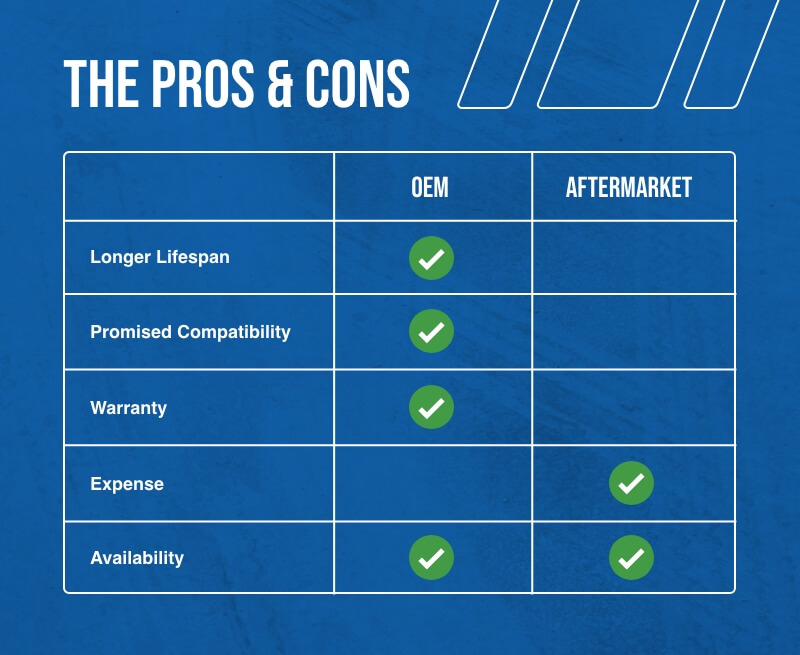
OEM – Pros:
- Promised compatibility: Manufactured to fit your vehicle down to a tee, you know these parts will work perfectly and be totally compatible alongside your car’s existing internal systems. After all, the inner workings of a vehicle can be totally different from one to the next.
Lifespan: As OEM parts are produced in precisely the same format as the original genuine parts, OEM parts tend to be more reliable, robust and have a longer lifespan than aftermarket car parts. - Warranty: OEM parts should come accompanied with a warranty to protect you if the part is defective or doesn’t work quite as it should. This will differ depending on manufacturer, for example, VW original parts are warranted for one year, or after 12,000 miles – whichever occurs first.
OEM – Cons:
- Expense: With OEM parts, you’re paying for promised high-quality, which means you’re likely to be spending a little more than you would otherwise. However, with genuine VW parts for example, these components will pay for themselves in time – not needing to be replaced as often as an aftermarket car part.
- Limited availability: Genuine parts often come with higher demand, meaning you have to order these parts in, which can take a good while. However, as an independent garage specialising in the VW Group, we have direct links to genuine Volkswagen parts to ensure your car is kitted out with the best on the market, as quickly as possible.
Aftermarket – Pros:
- Cheaper: It’s much easier to source cheaper aftermarket parts than it is OEM parts. This is because they’re more widely produced and readily available for all kinds of car models – but this can often lead to a lower quality part.
- Availability: As aftermarket parts can be produced by any manufacturer, they’re much easier to get hold of compared to OEM car parts.
Aftermarket – Cons:
- Inconsistent quality: You get what you pay for when it comes to car parts, so it’s often better to pay the extra fee upfront to avoid having to replace the part again in the near future. As the saying goes, “buy cheap, buy twice!” Reputable brands are making good-quality aftermarket parts now, but they will still struggle to get on the same level as the long-lasting OEM parts.
- Warranty: Aftermarket parts tend to have limited warranties, or even none at all – unlike an OEM component. This doesn’t bode well if your part is faulty and you have to fork out again for a replacement. Paying a few extra pennies for the real deal will definitely help save you money later down the line.
The long and short of it is, all OEM car parts are made for their efficacy and long-lasting quality, whereas not all aftermarket parts are. While you can find good-quality aftermarket parts, it takes some research to find the right ones.
However, the overall consensus is that OEM parts are the best option, and splashing a little extra will be the best option in the long run.
That depends. While many manufacturers do produce quality aftermarket parts, they’ll rarely be made for your car and car’s brand – unlike an OEM part. With that in mind, buying the real thing is definitely advised to ensure compatibility and longevity.
Where can I buy genuine VW parts?
You can get in contact with Volkswagen directly if you’re looking to buy genuine Volkswagen parts for your Volkswagen, Audi, SEAT or Skoda – but the waiting list might be lengthy.
Buying VW original parts can be done by getting in touch with the VW Group. Or, if you live locally to a Vasstech branch, we’re leading independent specialists in Volkswagen, Audi, SEAT and Skoda, able to source genuine car parts from VW directly and fit them immediately.
Instead, fetch your vehicle to your local Vasstech garage. As we’re VAG specialists, we have access to genuine car parts supplied directly from Volkswagen, something many other garages won’t have access to. You can expect only the highest level of workmanship from our specialist technicians, with totally bespoke services tailored to your vehicle using genuine Volkswagen parts.
That way, you can drive off with peace of mind that your vehicle will be kitted out with the best parts, in the best way. Our customers can expect first-class customer service as standard, with reliability and honesty at the forefront of everything we do. Sometimes, it’s not always about doing the job cheap, it’s about doing the job right – and that’s where we excel.
So, if you’re in the market for maintenance, repairs, an MOT or a service, using only the best, genuine VW parts, we’re the experts you need. Book in today!


